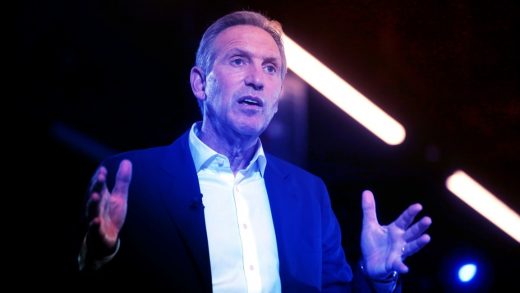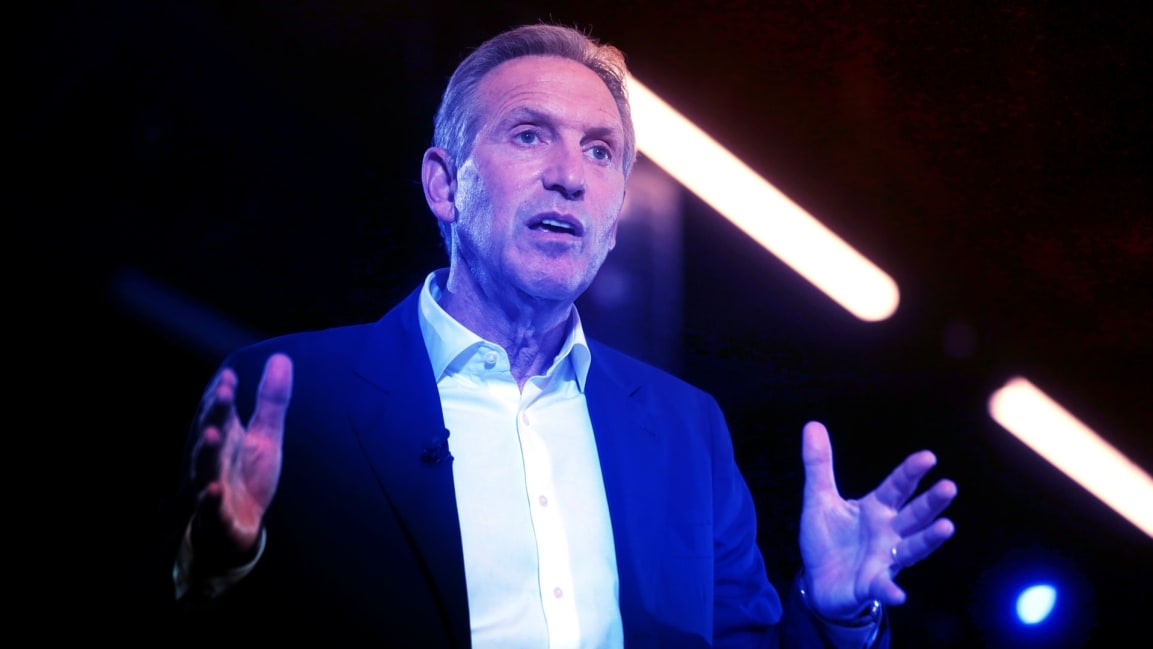This is what job seekers think about CEOs who take a stand on social issues
Chief executives around the globe have become increasingly vocal about social and political issues. In the U.S., many have criticized Donald Trump’s hardline stance on immigration, including the bosses of Apple, Google, Starbucks, and other major corporations.
But what impact does this have on job seekers? Although we know that graduates and others are attracted to companies with sound reputations and a positive ethical record, we know little about how people respond when individual CEOs take a stand on political issues.
Our research with job seekers in the U.S. suggests that a CEO’s stance does have an impact—and in a surprising way. We found that people are more than 20% likely to want to work for a company where the CEO takes a humanistic stance on a political issue unrelated to their business. This effect is true regardless of the job seeker’s age, education, gender, or political orientation. And interestingly, the job seeker does not need to agree with the CEO’s views.
On an issue such as gun control, for example, people are much more likely to want to work for a company when the CEO stands up for greater gun control, regardless of whether the job seekers themselves support that stance. We see the same effect for other issues such as same-sex marriage and immigration. Employees want their CEOs to take the more liberal, humanistic stand—whatever their own position might be.
It’s not the case, however, that all activism will appeal to prospective employees. CEOs need to demonstrate the “right” principles.
Our findings show that the positive effect of CEO activism disappears if the CEO becomes politically active to oppose humanistic values, such as when leaders speak up against same-sex marriage. People are more likely to want to work for a company with a CEO who takes no stand whatsoever than one where he or she comes out against such issues.
What explains these findings? We believe it is because potential employees view the political stance of the CEO as a signal of how employees will be treated at the company.
A CEO who takes a humanistic stance on a hot-button issue—irrespective of whether that position is shared by the employee—will be seen as an indicator that workers will be treated humanely should they end up working for the company.
Working environment
We also found that this effect was more pronounced when a female CEO engaged in political activism. This might be due to gender stereotyping—the expectation that a female management style is more often associated with attributes such as care or concern for others.
Our research shows that people perceive activism as more congruent with the role of a female CEO. It seems that potential employees will implicitly expect women leaders to be more likely to speak up for humanistic values.
For many years, managerial convention has been to shy away from taking a principled stand on current affairs and politics for fear of alienating customers, key clients, governments, or shareholders. But our research suggests that if they want to attract top candidates, CEOs and companies will need to be more vocal in addressing social and environmental challenges.
We’ve already seen some companies take this change on board. Earlier this year, the chief executive of the airline Quantas, Alan Joyce, who has spoken out in favor of indigenous rights, same-sex marriage, and gender equality, vowed to continue campaigning on social issues, maintaining that the approach had improved the Qantas brand.
But it won’t be enough to write “CEO activism” into the role profile alongside tough financial performance targets. Demonstrating a sympathy for humanistic beliefs will raise expectations that the company’s employees and stakeholders are treated fairly and with respect. So the CEO who speaks out also needs to be prepared to take action.
Andrew Crane, is a professor of business and society at the University of Bath. Christian Voegtlin, is an associate professor in Corporate Social Responsibility at Audencia. Laura Noval, is an assistant professor of organizational behavior at Imperial College London. This article is republished from The Conversation under a Creative Commons license. Read the original article.
(19)



